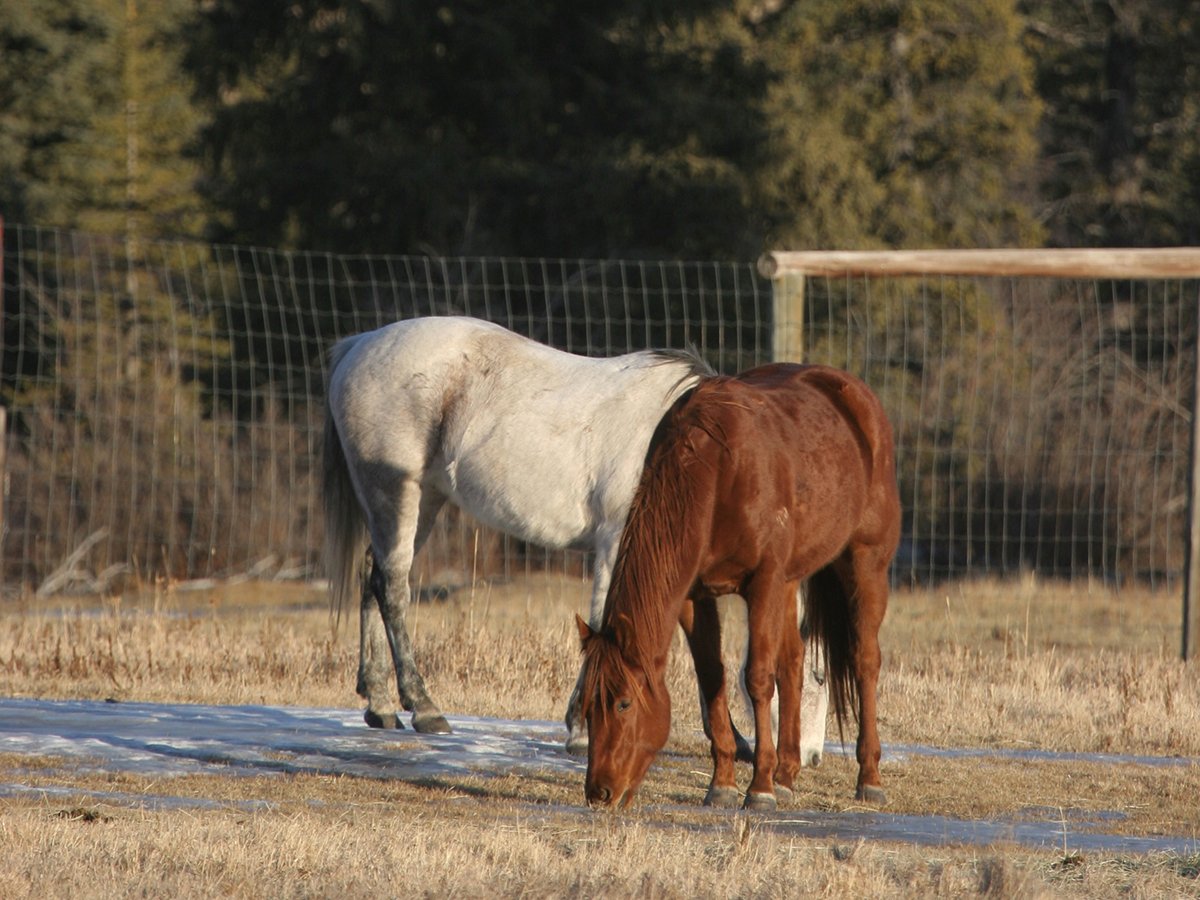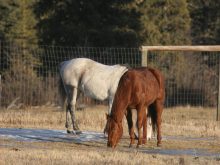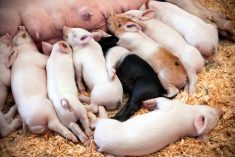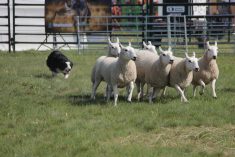NASHVILLE, Tenn. – With no feedlots or packing plants, Tennessee has built its cow herd to the 10th largest in the United States.
There are about 2.2 million cows and calves in the state, making it the largest commodity in terms of farm cash receipts, followed by poultry.
“The average acreage of Tennessee farms is 120 acres and we have 22 beef cows per farm,” said David Fugate of Green Back, Tennessee.
As president of the Tennessee Cattlemen’s Association and a cow-calf producer with about 150 cows on 400 acres, Fugate likes to boast of the improvements made by his industry.
Read Also

Why selenium is still an important factor in horse health
Selenium is an essential equine trace mineral that supports antioxidant defense, muscle integrity, immune function, metabolism and thyroid activity.
A decade ago, the industry realized genetic improvement was necessary. The Tennessee cow herd had become “mongrelized” and producers decided they had to be service-oriented to entice western feedlots and processors to buy their animals.
Working with the Tennessee Farm Bureau and the state cattlemen’s association, producers set out to rebuild the herd with genetic improvements and education about better production practices.
Yet all agriculture in Tennessee faces an uncertain future.
Aging farmers are selling out because the land is too expensive and the next generation does not want to take over. For many, their land has become a pension fund sold off to the affluent who turn small acreages into hobby farms.
Fugate watched as 65 acres adjoining his farm sold last year for more than $1 million US, wiping out his expansion plans.
“That land will never be in production again,” he said.
While he believes Tennessee agriculture has a future, with its rolling, rocky land that produces good grass, there are changes coming for the $2 billion a year industry.
The number of farms in the state recently increased to 91,000 in 2001 from 90,000 the year before.
However, only 4,000 farms reported sales of more than $100,000, while another 18,000 farms had sales between $10,000 and $99,999. Nearly three quarters of the farms reported earnings of less than $10,000.
Encouraging diversification and keeping agriculture alive is part of the mandate for Ken Givens, Tennessee’s newly appointed commissioner of agriculture.
“We really have three different cultures of farming in Tennessee,” he said in an interview.
“Urban sprawl is a big issue.”
For example, there is one dairy farm left in Davidson County, which includes Nashville in middle Tennessee. The farm, consisting of about 250 acres, is across the street from the sprawling Opryland Hotel.
“He could make more selling the property than he could on dairy,” said Givens.
The state is split into three distinct regions of east, middle and west.
The west has larger grain farms, while burley tobacco grows well on small holdings in the eastern region.
Tobacco returns are good, but more farmers realize it is not a sustainable industry. More than 51,500 Tennessee burley tobacco growers shared $27 million under a federal tobacco transition program to ease them out of the crop
More people are trying new products, such as organic food, strawberries and tree nurseries. Shrimp farming and vegetables have encouraged canneries to locate nearby.
The state also has a $515 million a year horse industry.















